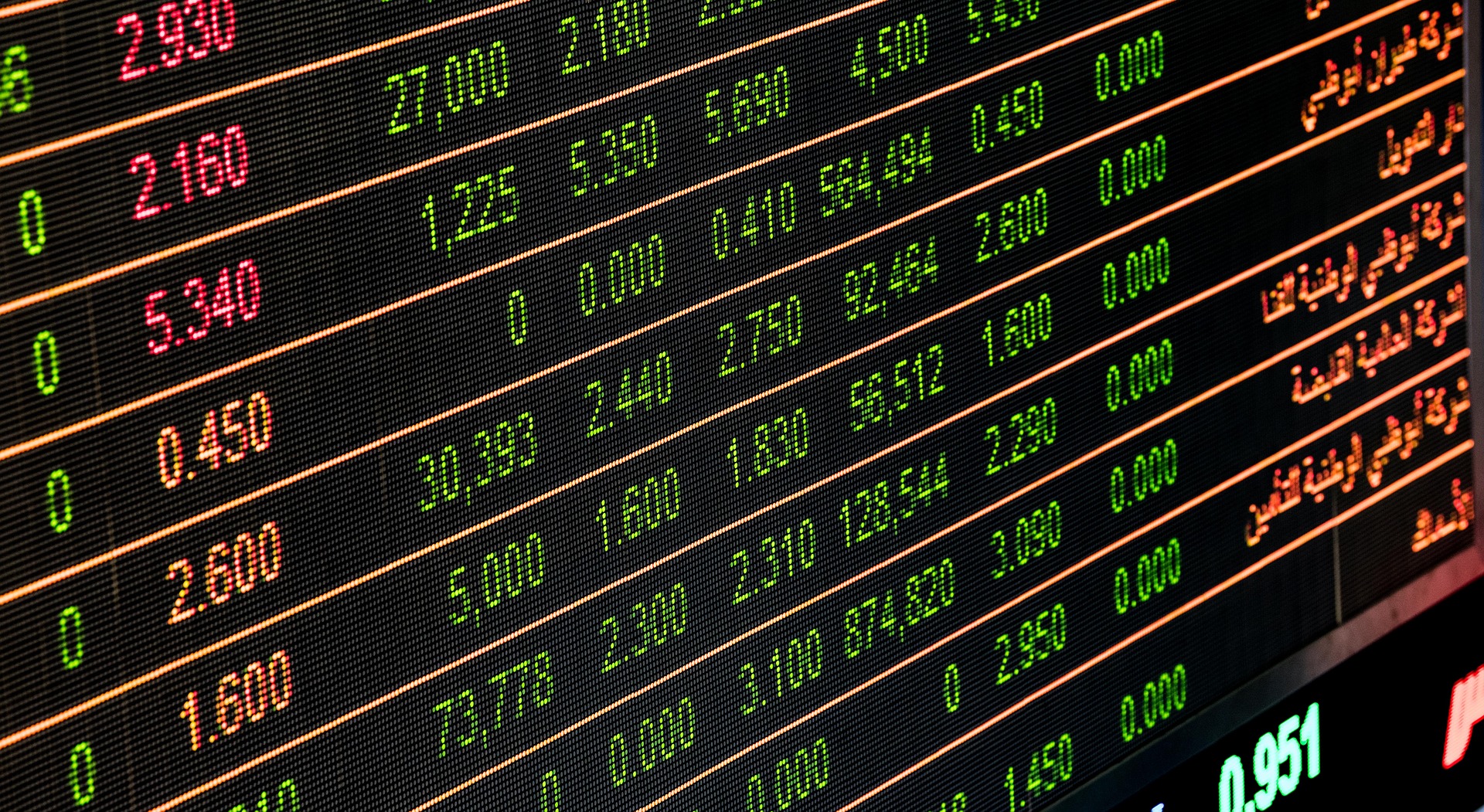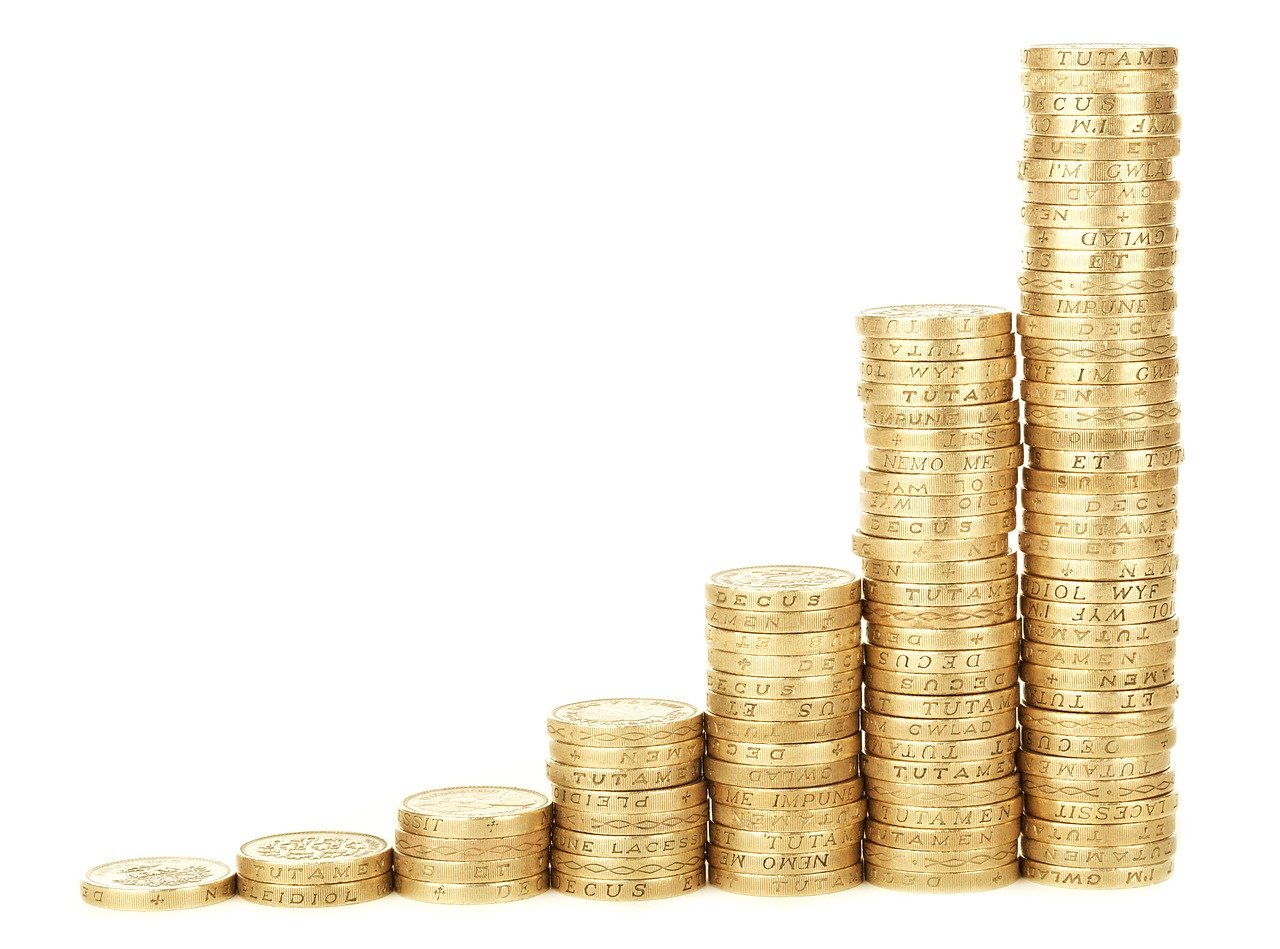Last Updated on: 22nd November 2023, 10:17 am
Currency exchange rates are, along with interest and inflation rates, a key indicator of a country’s economic health. They are important in establishing trade between countries, setting the price for the import and export of goods.
In addition, currency rates play a huge role in tourism as the exchange rate can influence whether tourists are likely to want to visit a country. For destinations that depend on visitors coming to see the sights, it can be crucial that the exchange rates are swinging in the destination’s favor.
Forex trading is a fast-paced market that sees the world’s currencies bought and sold rapidly each day, and this trading showcases the current exchange rates for these major currencies. But what causes fluctuations in currency exchange rates? Understanding some of the factors behind these shifts can help to plot out when values will change again.
Inflation
Typically, a country that has a lower rate of inflation will have a rising currency value. This is because the country’s currency will be used to buy its goods at these better value prices, so there is usually an increase in demand to buy the currency of the country with the lower inflation rate.
For countries that have higher rates of inflation, the opposite occurs. Here, the currency depreciates and demand for these countries’ goods and services is likely to slow down.
Interest rates
Like inflation, changing interest rates can have a direct impact on currency exchange rates. If the interest rate rises in a country, that country becomes an attractive place to deposit money and you are more likely to get a better rate of return. As a result of this, demand for that country’s currency rises.
Changes in competition
What a country has to offer in terms of goods is also significant. If goods offered by a country suddenly become more attractive or there’s a higher demand for them, the value of the exchange rate will increase in line with the rising demand. This is a similar scenario to low inflation, however it’s the goods that are influencing the changing value of the currency, rather than the rates of inflation.
Economic performance
Investors are looking for countries that have a strong, healthy economy. It’s here that they are more likely to want to invest. A country that has a positive economic outlook is likely to draw investment funds and confidence levels in that county’s currency are likely to be high.
For countries that are experiencing political issues or are trying to recover from the fallout of the pandemic, the value of the currency can fall as these countries are seen as a risky place to move money to.
These aren’t necessarily standalone reasons and it might be that several factors are causing currencies to fluctuate. It’s worth looking at these factors in turn to see if any of these could be the reason behind the changes.








